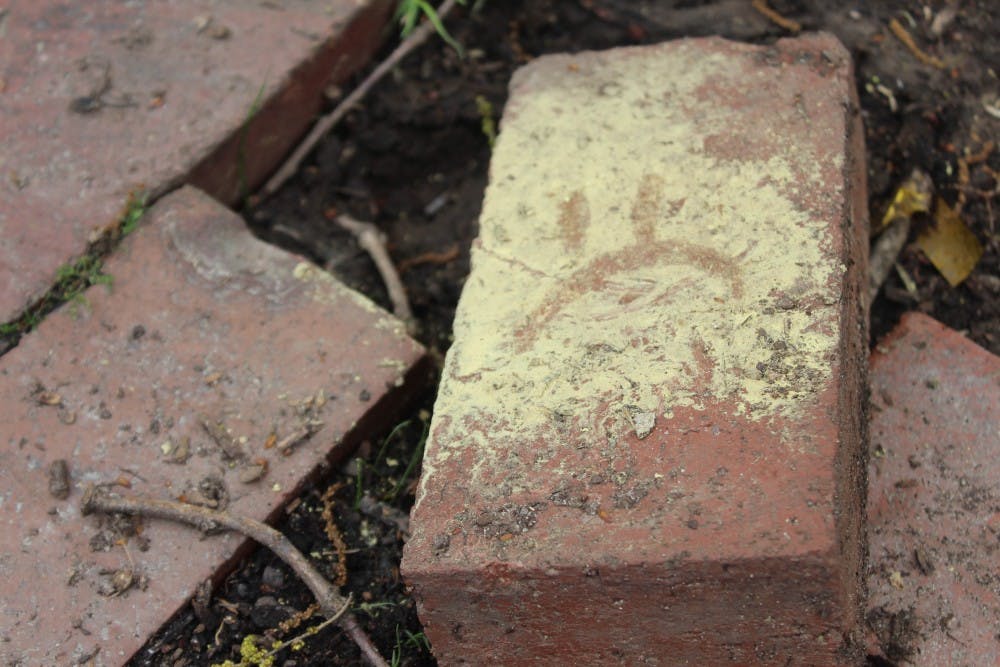Pollen arrived on UNC's campus in full force last week. The pesterous allergy-inducing yellow substance has taken over the sidewalks and can be seen blanketing over the majority of cars on campus.
Dr. Saira Sheikh, director of the UNC Rheumatology Lupus Clinic, said it's hard to predict a specific date for allergy season. She said it is happening now and will only get worse over the next few weeks.
“It seems like every year we are faced with the same situation, when it seems like every year the pollen season seems to be getting worse," Sheikh said. "I think nobody really understands what the reason is for that."
Sheikh said there are many theories for why pollen production varies year to year. For example, one theory says that the unpredictable nature in the weather, especially in the winter, can result in a longer season during which there is more potential for pollen production.
Sheikh said in North Carolina in particular, patients who suffer from allergies have no rest period because of tree pollen in the spring, grass in the summer and weeds in the fall. There is no real relief for patients with environmental allergies in Chapel Hill, particularly because of all the different things that bloom with close proximity to each other, Sheikh said.
Dana Irons, a nurse practitioner at UNC Campus Health, said there has been an increase in the last few weeks with patients presenting allergy-related symptoms.
“We are definitely seeing patients complaining of running nose, itchy watery eyes, cough, congestion and sometimes it can be hard to tell initially for patients if it is a virus or allergies," Irons said. "I tend to think when the streets are covered in yellow pollen, there is a good chance for some patients if they don’t have a fever especially, that it very well may be allergies."
Sheikh said she thinks both the pollen and allergies will worsen in the coming weeks because the trees aren’t in full bloom yet. Her first recommendation for allergy sufferers is to try and make an appointment with a board-certified allergist immunologist to get evaluated for environmental allergies to see what they are allergic to.
“Environmental allergies or seasonal allergies can really impair people’s quality of life," Sheikh said. "We want to make sure that people recognize that it’s not just environmental allergies, and there's not nothing that you can do about it and say, ‘Oh, I’m just gonna take an antihistamine and suffer through it. I think if you start with first of all, trying to get evaluated for what the problem might be, you can look for what the next steps might be for solutions.”




